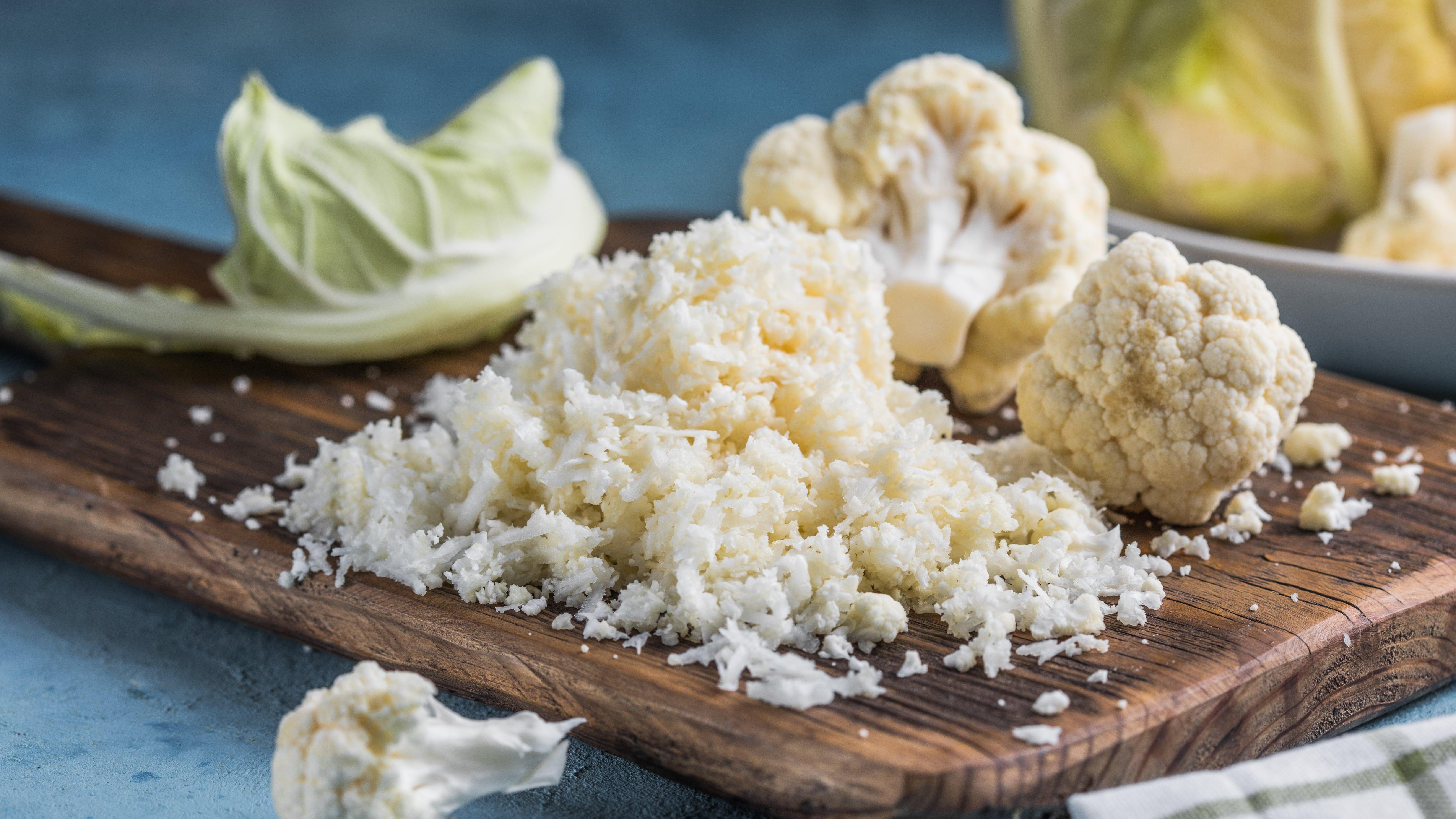'Plant-Based' Means Nothing Anymore, Apparently
Yes, Chipotle, we know cauliflower rice is plant-based. It's made from cauliflower, a plant.
It's no secret fast food chains and other food brands have been clamoring to cash in on the plant-based market, but the desire to promote offerings as plant-based is getting redundant and a bit desperate.
The most recent example of this comes from Chipotle. In January 2021, Chipotle released its cilantro-lime cauliflower rice, but much to the disappointment of fellow Takeout staff writer Dennis Lee the cauliflower rice was not worth the additional $2.25. However, it seems Lee was alone in this opinion because according to a press release the success of the cilantro lime cauliflower rice is what has led Chipotle to its next "plant-based" offering.
What does “plant-based” really mean?
The term "plant-based" was first coined in 1980 by Thomas Colin Campbell, a Cornell University biochemist, reports The New York Times. Campbell used the term to describe a plant-based diet. The term was mean to help distinguish between eating actual, fresh plants and processed food products like a veggie burger.
Funny that now, you could find a plant-based label on a number of veggie burger options along with plenty of other processed foods—I don't think Campbell envisioned the label being slapped on a McDonald's menu. These days, "plant-based" has become a trendy marketing term more than a helpful description of a dish.
What is Chipotle’s Mexican Cauliflower Rice?
Chipotle is testing out Mexican Cauliflower Rice, promoting it as "Keto, vegan, vegetarian, paleo, and made with grain-free ingredients." This may sound snarky, but duh the cauliflower rice is plant-based, vegetarian, and grain-free. Cauliflower is a vegetable and not a grain. In fact, rice is also plant-based because rice itself is a plant.
Although it will be interesting to see how authentically this new offering can mimic actual Mexican Rice, there's just no need to promote its plant-based, grain-free qualities. Let that part speak for itself.
Plants are being sold as “plant-based” products everywhere
You'll also find this redundancy in the grocery aisle. Banza, a chickpea-focused food brand that sells pizza, rice, mac and cheese, and pasta products markets its mac and cheese as plant-based. This isn't necessarily a bad thing, just unnecessary considering all of the brand's products are made from chickpeas, which are a plant. Similarly, the brand Ancient Harvest, also markets its protein pasta as plant-based when (once again) regular pasta also comes from a plant.
All of these plant-based redundancies are sort of like having a salad with just Spring Mix and calling it plant-based. What is the point here?
This criticism is not meant to discourage brands from creating plant-based products. I'm all for the broadening of vegan and vegetarian food options, but companies should give the public a little bit more credit in that we know a plant when we see one. There's no need to reinvent the wheel.
